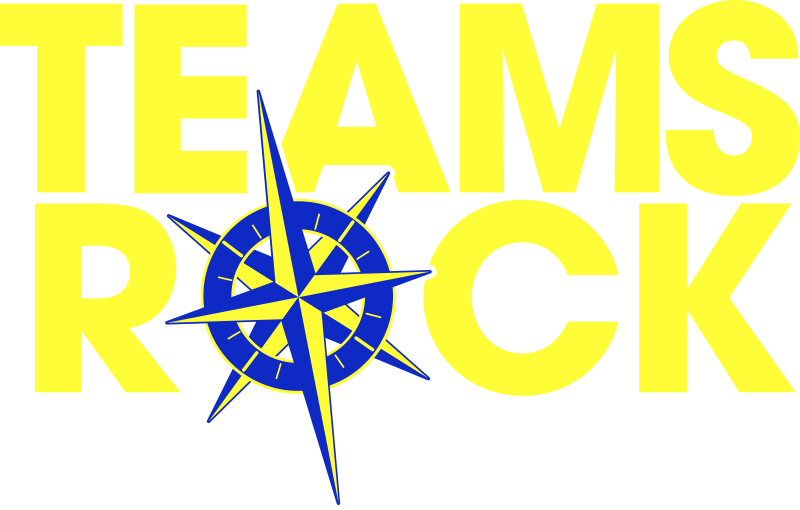Seven simple employee development tips to impact your success
If you’re not growing, you’re dying. This was a statement that I embraced many years ago, and it has served me well. In today’s high tech world, it is virtually impossible to keep up with everything and none of us know everything.
For example, the United States Patent & Trademark office (US PTO) had over 288,000 patent applications in 2015. This is up from 164,000 in 2000 and just 64,000 in 1975. Source: (USPTO statistics chart 1963 – 2015). Can you imagine trying to keep up with all of those applications?
 Studies have shown that one of the best ways to remain cognitively agile as we age is to continually challenge our brain. The best way to do this is to consistently learn something new every day. Here are six great ways that we can take charge of our own employee development on a regular basis.
Studies have shown that one of the best ways to remain cognitively agile as we age is to continually challenge our brain. The best way to do this is to consistently learn something new every day. Here are six great ways that we can take charge of our own employee development on a regular basis.
Continually Seek out Feedback
One of the greatest ways to learn how to do something right is to do it wrong. Of course, positive feedback feeds our egos and that positive reinforcement is a great thing. Top leaders throughout history valued feedback from everyone. Abraham Lincoln’s cabinet was made up of a number of individuals who were not members of his own party, and in fact they did not like each other. This was exactly what he needed. They provided feedback to him from all directions.
Share Your Knowledge
The way we grow as a team is to share what we know. This builds trust, and creates a more positive organizational culture of collaboration which. Trust encourages others to share their knowledge and helps us achieve our leadership development goals.
Training – Training – Training
This may sound obvious, yet the vast majority of leaders fail to pursue leadership training on their own and thus become stagnant. The most successful organizations make it a requirement for employees and leaders alike to take a certain number of hours each year as part of their employee development training.
It is also important to read positive, influential, non-fiction books on a regular basis; between four and seven per year is advised.
Keep it Balanced
Education and training needs to be balanced between technical and what we call “soft skills”. If you develop only your technical skills, you will be strong in just one area, yet relatively weak in the softer skills. Most Olympic athletes don’t train solely on their individual sport. Does Michael Phelps only swim, or Rory McIlory only golf? Not a chance. Both continually work on strength, endurance, and precision with a variety of training. What does your balance look like?
Get a Mentor AND a Coach
Do not get them confused, they fill two very different roles. You may even want multiple of each. A mentor is someone, perhaps within your industry, who you can open up to about challenges. Someone who will guide you. A good mentor will NOT tell you what to do or even how to do it. Instead they will work with you and let you figure it out for yourself.
On the other hand, a good coach will help you fine tune your skills, sometimes telling you how to make minor adjustments. Again, I go back to virtually any professional athlete, they often have multiple coaches for different disciplines.
Volunteer
There is no better feeling than when you volunteer for a worthwhile project. You will grow exponentially in many areas, and learn different ways to lead and grow professionally.
Reflect and be grateful
This may sound ridiculous, and I assure you it is not. When we reflect on the things we have accomplished and are grateful for what we have, we tend to repeat that behavior. Subsequently, we grow and develop.
These are just a few of the ways you can continually grow and develop and an individual or as a leader. Remember, if you’re not growing, you’re dying, and the stronger your team, the stronger the organizational culture. The stronger the organizational culture, the greater the overall productivity. It’s your choice.


Leave A Comment